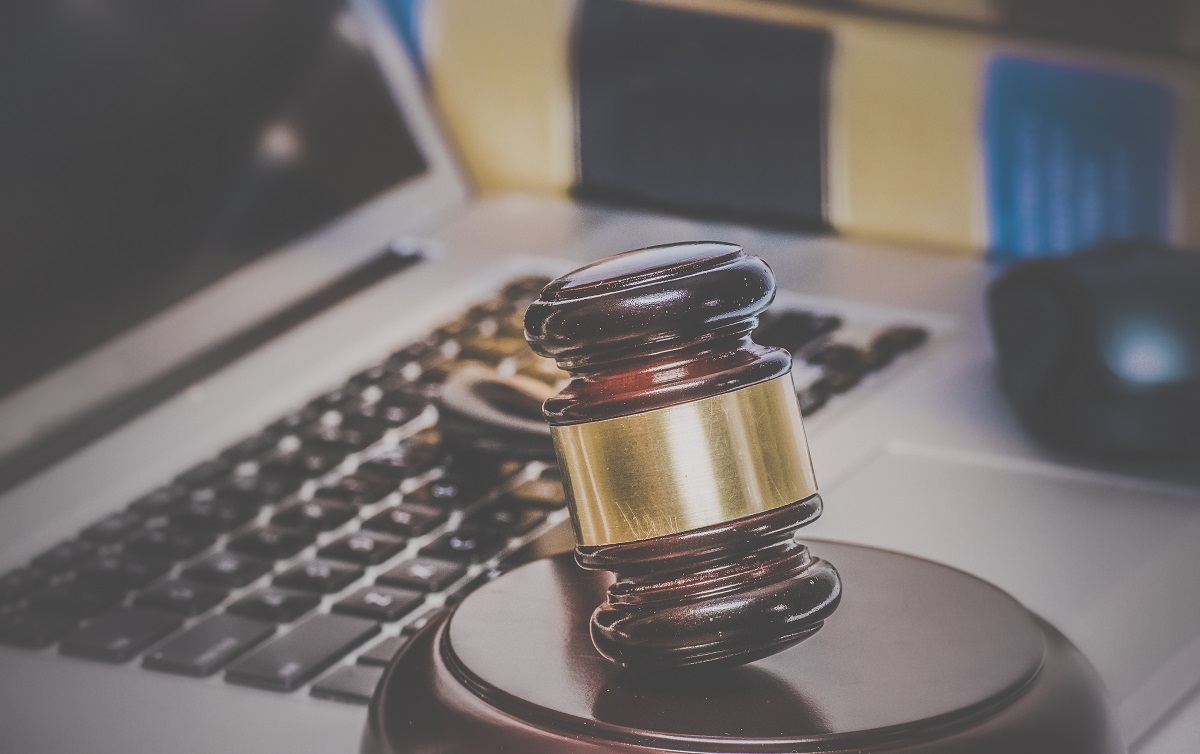In the legal world, paralegals play a vital role in assisting attorneys and law firms with their wide-ranging responsibilities. These skilled professionals are crucial in ensuring the smooth functioning of legal proceedings and providing essential support to legal teams.
While paralegals typically work under the supervision of attorneys, there are instances where they can function independently and take on certain tasks without direct attorney oversight.
In this article, we will explore ten things a paralegal can do without an attorney, shedding light on their specific responsibilities and contributions to the legal profession.
Overview of a Paralegal and Attorney
In the legal landscape, both paralegals and attorneys play essential roles, contributing to the smooth functioning of legal proceedings and ensuring the delivery of justice. While they are both vital members of a legal team, their roles and responsibilities differ significantly. Let’s take a closer look at the distinct functions of paralegals and attorneys:
Paralegal

A paralegal, also known as a legal assistant, is a skilled professional who assists attorneys in various legal tasks. They work in law firms, corporate legal departments, government agencies, and other legal settings. Paralegals undergo specialized education and training to develop a comprehensive understanding of legal procedures and principles. Their primary responsibilities include legal research, document preparation, case management, organizing files, and supporting attorneys in trial preparation.
Paralegals act as crucial liaisons between clients and attorneys, often communicating with clients, scheduling appointments, and updating them on case developments. While paralegals can perform many tasks independently, they work under the direct supervision of attorneys to ensure adherence to ethical guidelines and legal standards. Additionally, a paralegal giving legal advice is forbidden.
Attorney

Attorneys, also known as lawyers or counselors, are legal professionals who are qualified to practice law and represent clients in legal matters. They undergo extensive education, including earning a law degree and passing the bar exam, learn the necessary skills for lawyers, to become licensed to practice law. Attorneys provide legal advice, advocate for their clients in court, and draft legal documents, such as contracts, wills, and pleadings.
Attorneys specialize in various areas of law, such as criminal law, family law, corporate law, and more. They are responsible for developing legal strategies, arguing cases in court, and negotiating settlements on behalf of their clients. Attorneys have the ultimate responsibility for the legal advice given and the outcomes of the cases they handle.
Collaboration and Teamwork
Paralegals and attorneys often work together as a cohesive legal team. While paralegals provide essential support and assistance to attorneys, attorneys rely on the expertise and efficiency of paralegals to manage cases effectively. This collaborative approach maximizes the capabilities of both professionals, benefiting clients and ensuring the successful resolution of legal matters.
10 Things A Paralegal Can Do Without An Attorney
Let’s delve deeper into each point to provide a more comprehensive understanding of the specific tasks and responsibilities that a paralegal can perform independently:
Legal Research and Document Preparation: Paralegals have a keen ability to delve into legal databases, case histories, and statutes to gather relevant information for the attorney. They use their research findings to prepare legal documents, such as contracts, pleadings, and briefs, ensuring accuracy and adherence to legal standards.
Case Management and Organization: Paralegals play a crucial role in keeping legal cases organized. They maintain comprehensive case files, arrange documents, and ensure that deadlines for filings and court appearances are met, allowing the attorney to focus on the legal strategy.
Client Communication and Intake: Paralegals often act as the primary point of contact for clients. They conduct initial client interviews, collect essential information, and keep clients updated on the progress of their cases, providing much-needed support and reassurance.
Drafting Legal Correspondence: Paralegals possess excellent writing skills, allowing them to draft various legal correspondences on behalf of the attorney. These may include demand letters, settlement offers, and communication with opposing counsel.
Assisting with Trial Preparation: As a trial approaches, paralegals step up to ensure the attorney is well-prepared. They organize trial exhibits, manage witness schedules, and coordinate with experts, streamlining the trial process.
Conducting Factual Investigations: Paralegals conduct factual investigations to gather evidence and information that will support the attorney’s case. They may interview witnesses, take photographs, and gather relevant documents to bolster the legal arguments.
Maintaining Legal Databases and Records: Paralegals are responsible for keeping legal databases and records up-to-date. This involves cataloging case-related information, indexing legal documents, and ensuring easy access to essential data when needed.
Assisting with Administrative Tasks: In addition to their legal duties, paralegals handle various administrative tasks to maintain the smooth functioning of the legal office. This includes managing schedules, coordinating meetings, and handling billing matters.
Collaborating with Other Legal Professionals: Paralegals work closely with attorneys, legal secretaries, and other legal professionals to support a cohesive and efficient legal team. They assist in coordinating efforts, ensuring effective communication, and maintaining a well-organized workflow.
Continuing Education and Professional Development: Paralegals are committed to staying current with changes in the legal field. They engage in continuing education and professional development opportunities to enhance their skills, expand their knowledge, and deliver the best possible support to the attorney and clients.
These key tasks and responsibilities showcase the breadth of a paralegal’s capabilities as they actively contribute to the legal process, allowing attorneys to focus on the complexities of the law. With their diverse skill set and dedication to excellence, paralegals remain invaluable assets to the legal profession, ensuring that legal matters are handled efficiently and professionally.

Final Thoughts
Paralegals are indispensable assets to the legal profession, contributing substantially to the success of legal practices and cases. While they can perform various tasks without direct attorney supervision, it is essential to emphasize the significance of adhering to ethical guidelines and seeking appropriate attorney oversight when required.
As the legal landscape continues to evolve, the role of paralegals will undoubtedly remain pivotal, showcasing their dedication to excellence and their invaluable contributions to the legal team.
